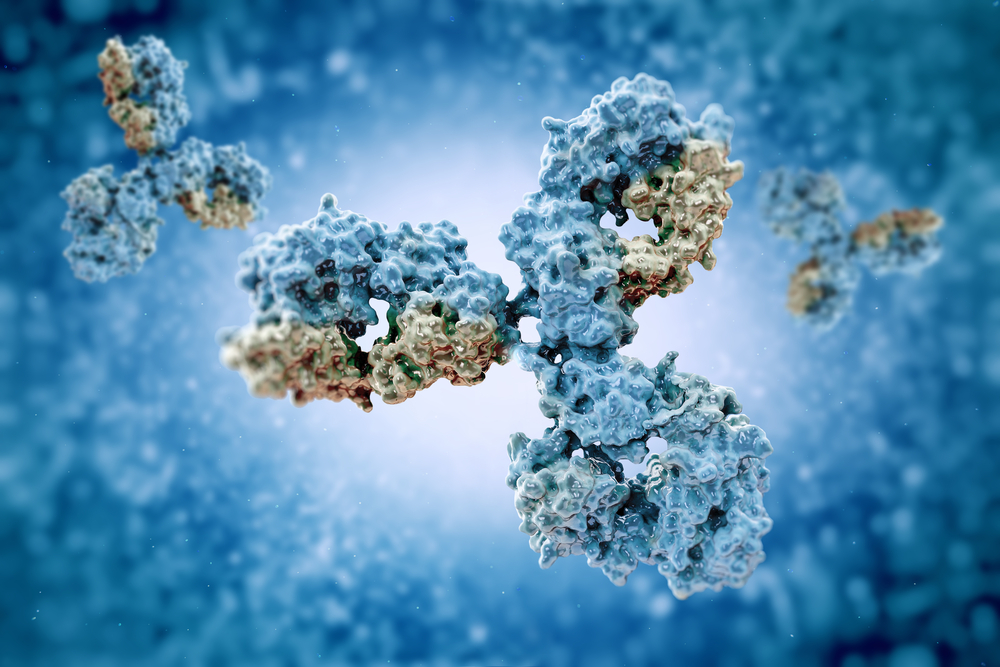Enrollment Completed for Phase 2 Trial Testing VX15/2503 in Early and Late Prodromal Huntington’s Patients

Vaccinex has completed its target enrollment in a Phase 2 clinical trial assessing the potential of the investigational antibody VX15/2503 (pepinemab) as a treatment for patients with early manifest and late prodromal (before clinical diagnosis) Huntington’s disease.
The ongoing trial (NCT02481674), known as SIGNAL, is the first to investigate a monoclonal antibody as a potential treatment for Huntington’s disease, and is the result of a collaboration between Vaccinex, and the Huntington Study Group (HSG) and the University of Rochester’s Clinical Trials Coordination Center (CTCC).
“We are gratified to have reached this important milestone of completing enrollment for the SIGNAL trial,” Maurice Zauderer, president and CEO of Vaccinex, said in a press release. “Because of the efforts of HSG, CTCC, clinical site investigators and staff, and most importantly subject volunteers and their families, SIGNAL is several years ahead of any other ongoing advanced clinical trial testing possible disease modifying effects in Huntington’s disease.”
VX15/2503 was engineered by Vaccinex to block the activity of the SEMA4D protein, known to be involved in chronic brain inflammation and neurodegeneration. This investigational antibody also induces the maturation of specific cells that repair the loss of a protective layer of nerve fibers, called myelin.
The Phase 2 trial comprises two groups (cohorts) of patients. Enrollment in Cohort A was completed in February 2017 and included 36 Huntington’s patients who were randomly assigned to receive monthly infusions of either VX15/2503 or a placebo for six months. Following this treatment period, all participants received pepinemab for an additional five months and had a three-month safety follow-up.
Data from this group revealed that treatment with the investigational antibody could promote marked effects on brain metabolic activity, as determined by FDG-PET scans. VX15/2503 was safe and improved metabolic activity in all brain areas examined, with a median increase in FDG uptake of 8.6 percent compared with placebo in most of the frontal and parietal brain regions analyzed. There was also a trend in treated patients toward stabilization of Huntington’s-related reduction in brain volume.
Cohort B, now fully enrolled, includes 265 Huntington’s patients, of whom 179 have early manifest disease and 86 are late prodromal. All participants will be randomized to receive monthly infusions of either VX15/2503 or a placebo for 18 months.
“We are excited to be in the lead and hopeful of bringing relief to the patients and families who suffer this devastating disease,” Zauderer said.
VX15/2503 has been granted fast track and orphan drug designations for the treatment of Huntington’s disease by the U.S. Food and Drug Administration.






